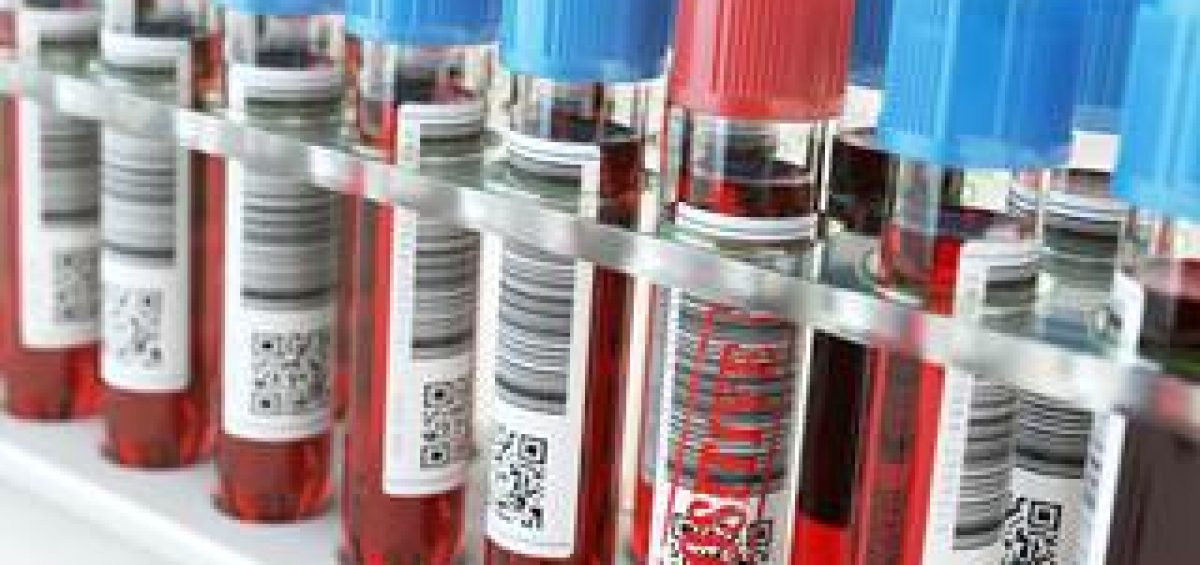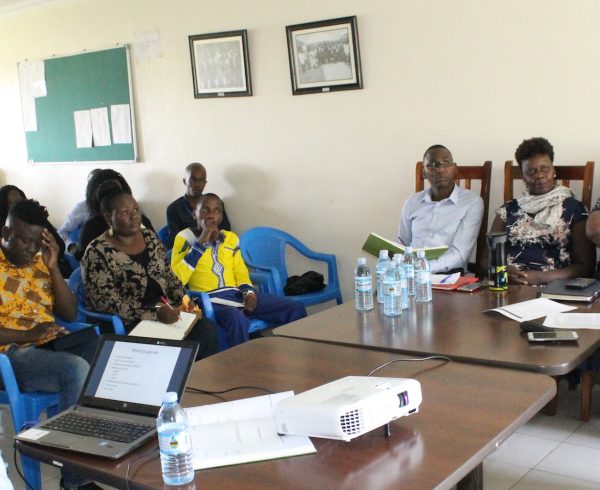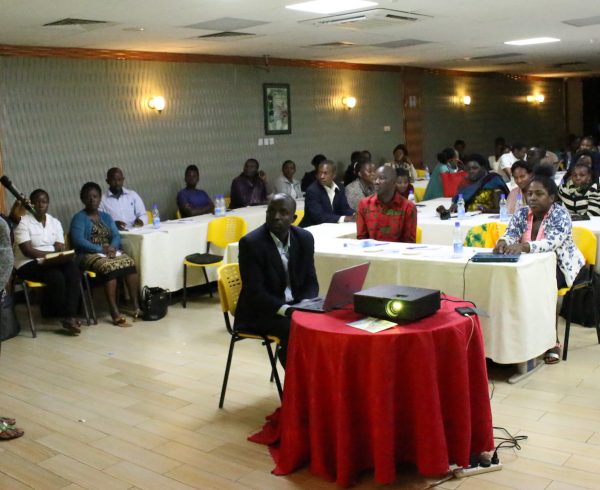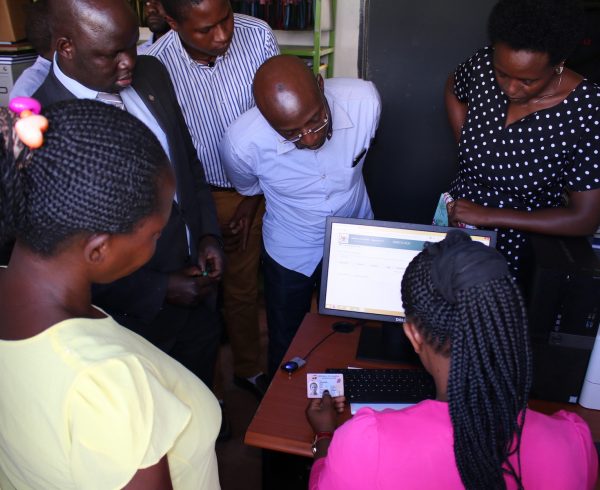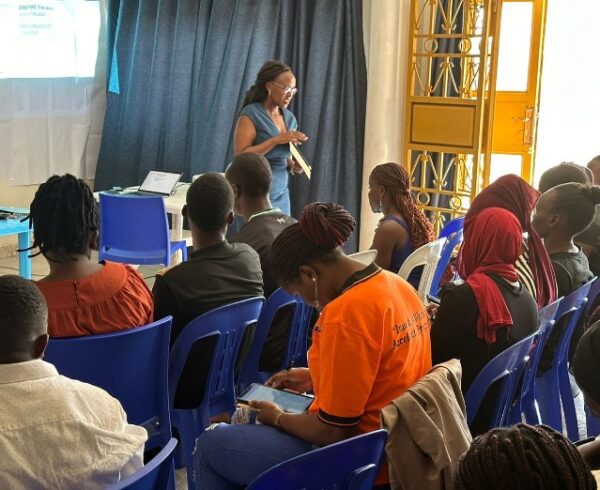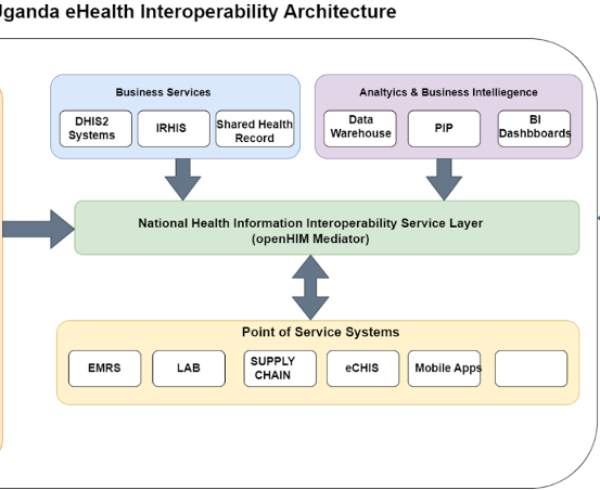Uganda participated in the first ever regional face to face Laboratory Community Of Practice (LabCoP) meeting for scale up of viral load services in Africa
LabCoP is convened by ASLM, with the aim of strengthening and transforming laboratory services on the African continent, using the scale up of Viral load monitoring, as a case. LabCoP was launched on October 24, 2017 in Addis Ababa and 11 countries have been registered as members. LabCoP is a platform of peer-to peer knowledge and experience exchange, where best practices and solutions can be identified and shared among countries at different level of advancement of the their VL scale up program.
Uganda has taken giant strides in scaling up viral load monitoring along the whole cascade from demand creation, to sample referral and testing, laboratory information systems and eventually results utilisation. CPHL has been working closely with all MOH partners to steer the viral load scale up efforts to meet UNAIDS 90-90-90 targets.
Makerere University School of Public Health/METS program receives funding from PEPFAR to support scale up of viral load monitoring in the country.To this effect, METS has been particularly involved in capacity building, demand creation, monitoring and evaluation as well as partner coordination through stakeholder meetings.
It is against this background that Uganda offered to host the first regional face to face LabCoP meeting, and requested METS to support this important activity both financial and technical assistance. The main objective of the meeting was to provide an opportunity for country teams to connect, leverage professional development initiatives and gather ideas to inspire optimization of country viral load programs to achieve the 3rd90.
Additional benefits of the meeting includedsharing experiences with country teams on how viral load scale up was being done in the various countries, to identify the best practices in terms of technologies, processes, infrastructure, training, policies, or management decisions that have been tested and can be replicated to improve viral load coverage in Uganda. Furthermore, the forum was to examine the existing monitoring and evaluation and data management systems for Viral Load Monitoring and reporting in the participating countries as well as formulating a working set of interventions to address potential weaknesses along the cascade of VL monitoring.
The multidisciplinary workshop convened 250 participants, including global experts and teams from each of the 11 countries in the LabCoP network.These include Ethiopia, Democratic Republic of Congo, South Africa, South Sudan, Malawi, Zimbabwe, Zambia, Uganda, Tanzania, Sierra Leone and Kenya.
Uganda was represented by representatives from MOH, PEPFAR, CHAI, Implementing Partners, DHOs, Regional Referral Hospitals, Civil Society Organizations and District Local Governments. The sessions included oral presentations, panel discussions from subject matter experts and country team group discussions.
METS made several presentations on various interventions that have been put in place including the viral load CQI collaboratives, demand creation campaigns, sample transport networks, integration of M&E indicators and tools into HMIS and laboratory management information systems.
This meeting was an opportunity to have a high-level platform to share and learn from colleagues’ best practices in closing the gaps identified along the viral load cascade especially in demand creation and results utilization by the clinicians to ensure 95% viral suppression among all clients on ART.
The meeting deliberated that LabCoP ensures that solutions and best practices identified, were effectively adopted by countries to improve the VL testing cascade and accelerate the scale-up of VLT for improved patient management, by creating opportunities for technical assistance in the identified areas of weaknesses.

